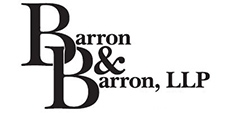Chapter 11: Restructuring of Debt for Businesses
Chapter 11 bankruptcy is a form of bankruptcy reorganization available to individuals, corporations and partnerships. It has no limits on the amount of debt, as Chapter 13 does. It is the usual choice for large businesses seeking to restructure their debt.
The debtor usually remains in possession of its assets, and operates the business under the supervision of the court and for the benefit of creditors. The debtor in possession is a fiduciary for the creditors. If the debtor’s management is ineffective or less than honest, a trustee may be appointed.
A creditors committee is usually appointed by the U.S.Trustee from among the 20 largest, unsecured creditors who are not insiders. The committee represents all of the creditors in providing oversight for the debtor’s operations and a body with whom the debtor can negotiate an acceptable plan of reorganization.
A Chapter 11 plan is confirmed only upon the affirmative votes of the creditors, who are divided by the plan into classes based on the characteristics of their claims, and whose votes are a function of the amount of their claim against the debtor.
If the debtor can’t get the votes to confirm a plan, the debtor can attempt to “cram down” a plan on creditors and get the plan confirmed despite creditor opposition, by meeting certain statutory tests.
Our firm has represented numerous types businesses in Chapter 11, including a car dealer, hotel, moving company, real estate development, and a variety of trucking companies.



